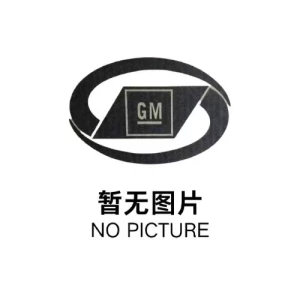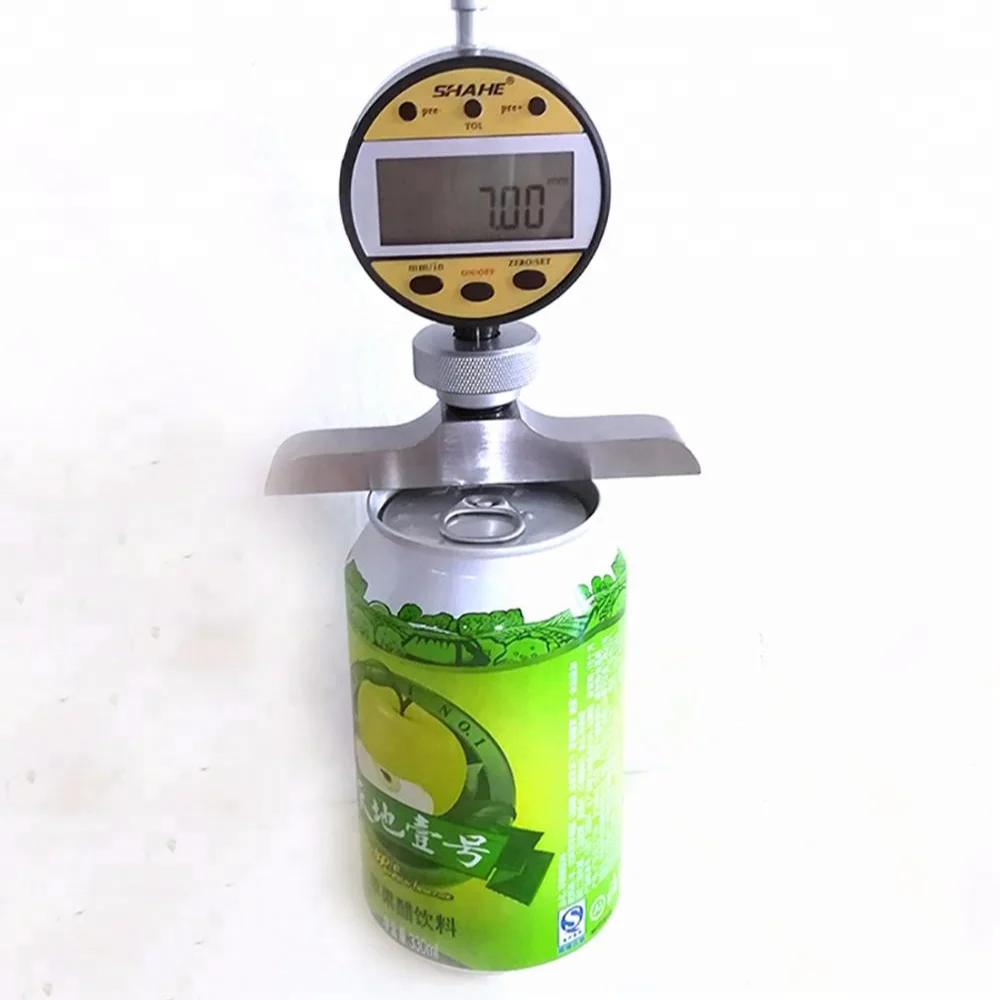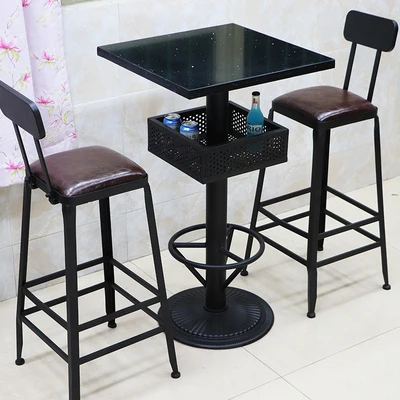Counters: Types, Functions, and How to Choose the Right One
Counters are essential components in various industries, from manufacturing to retail. Whether you need a simple tally counter or a sophisticated digital model, understanding the different types and their applications can help you make an informed decision. This guide covers everything you need to know about counters, including how to source reliable options from China.
How to Find Reliable Counters from China in 2025
Sourcing counters from China requires careful research. Start by identifying reputable manufacturers on platforms like Alibaba. Look for suppliers with verified certifications, positive reviews, and a track record of delivering quality products. Request samples to test durability and functionality before placing bulk orders. Additionally, consider working with a sourcing agent to navigate language barriers and logistics.
What Buyers Should Know Before Buying Counters from China
Before purchasing counters, verify the supplier's credentials and production capacity. Ensure the product meets international standards like ISO or CE. Discuss customization options, lead times, and payment terms upfront. Shipping costs and import duties can significantly impact your budget, so factor these into your calculations. Lastly, clarify warranty and after-sales support to avoid disputes.
Types of Counters
Mechanical Counters: Simple, durable, and ideal for manual counting tasks.
Digital Counters: Offer advanced features like data storage and connectivity.
Preset Counters: Allow users to set a target count and trigger an alarm when reached.
Batch Counters: Used in production lines to count items in batches.
Functions and Features of Counters
Modern counters come with features like touchscreen interfaces, wireless connectivity, and programmable settings. Some models integrate with software for data analysis, while others offer rugged designs for harsh environments. Key functions include counting, timing, and tracking production metrics.
Scenarios of Counters
Counters are used in retail for customer traffic monitoring, in manufacturing for production line tracking, and in events for attendee counting. They also play a role in inventory management and quality control processes.
How to Choose Counters
Consider the counting range, accuracy, and environmental conditions. For high-volume applications, opt for industrial-grade counters with robust construction. Evaluate power requirements—battery-operated models offer portability, while wired versions ensure continuous operation. Lastly, prioritize ease of use and maintenance.
Counters Q & A
Q: What is the lifespan of a typical counter?
A: Mechanical counters can last decades with minimal maintenance, while digital models may require battery or component replacements every few years.
Q: Can counters be customized?
A: Yes, many suppliers offer customization for display units, housing materials, and additional features.
Q: How do I maintain a counter?
A: Regularly clean the device and check for wear. For digital models, update firmware as needed.
Q: Are there waterproof counters?
A: Yes, look for IP-rated models designed for wet or dusty environments.
Q: What is the cost difference between mechanical and digital counters?
A: Mechanical counters are generally cheaper, but digital models offer more features and precision.






















